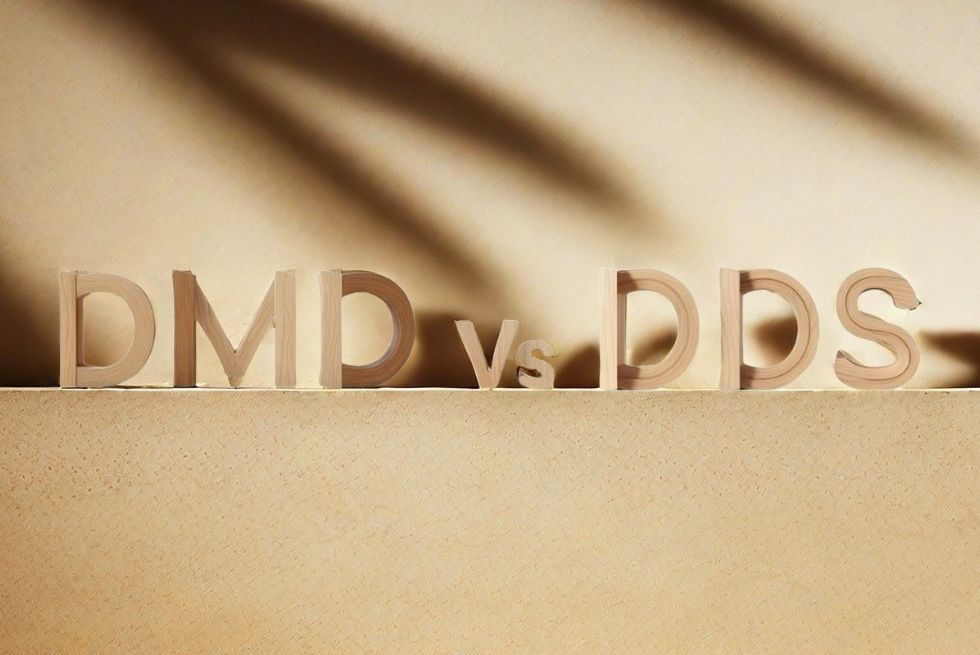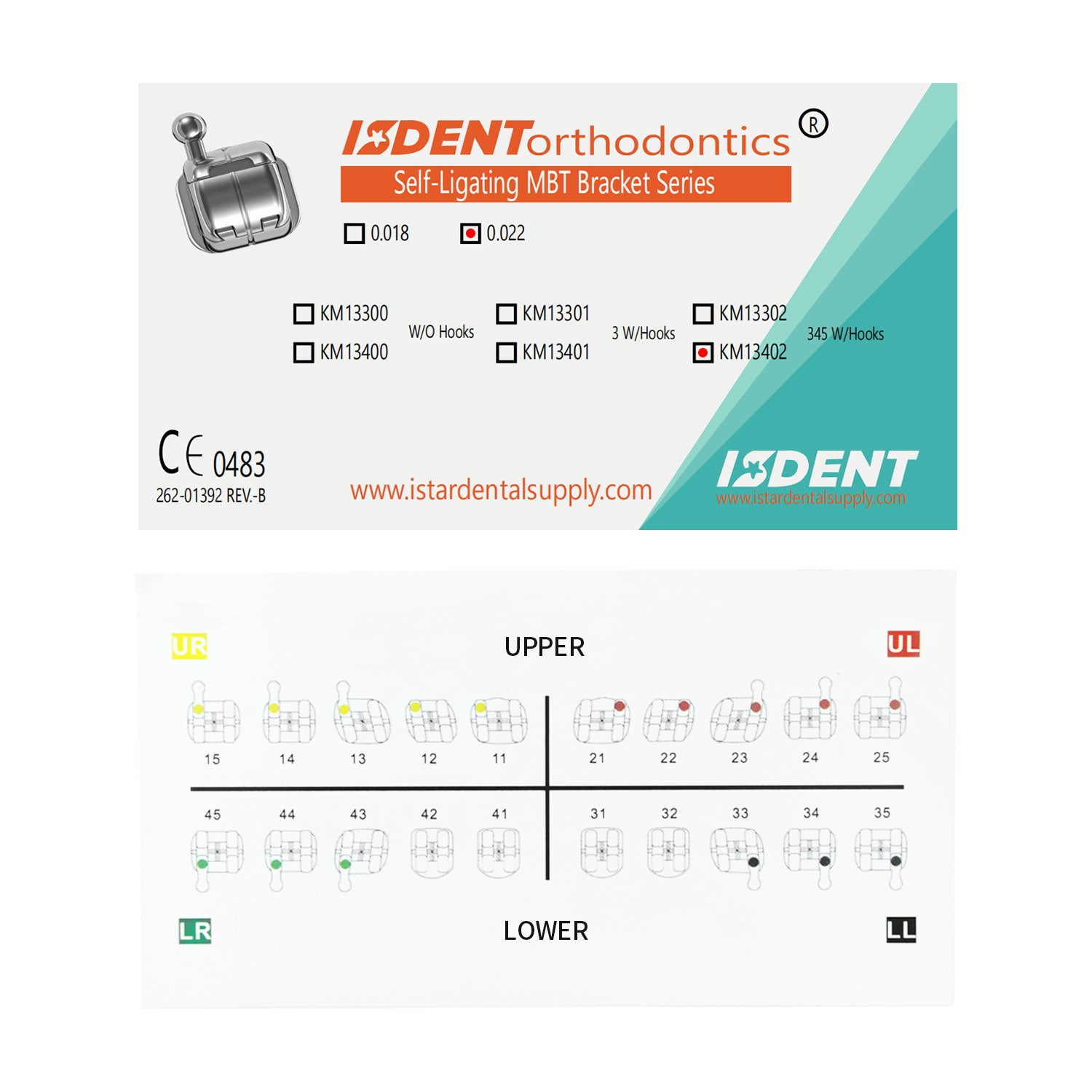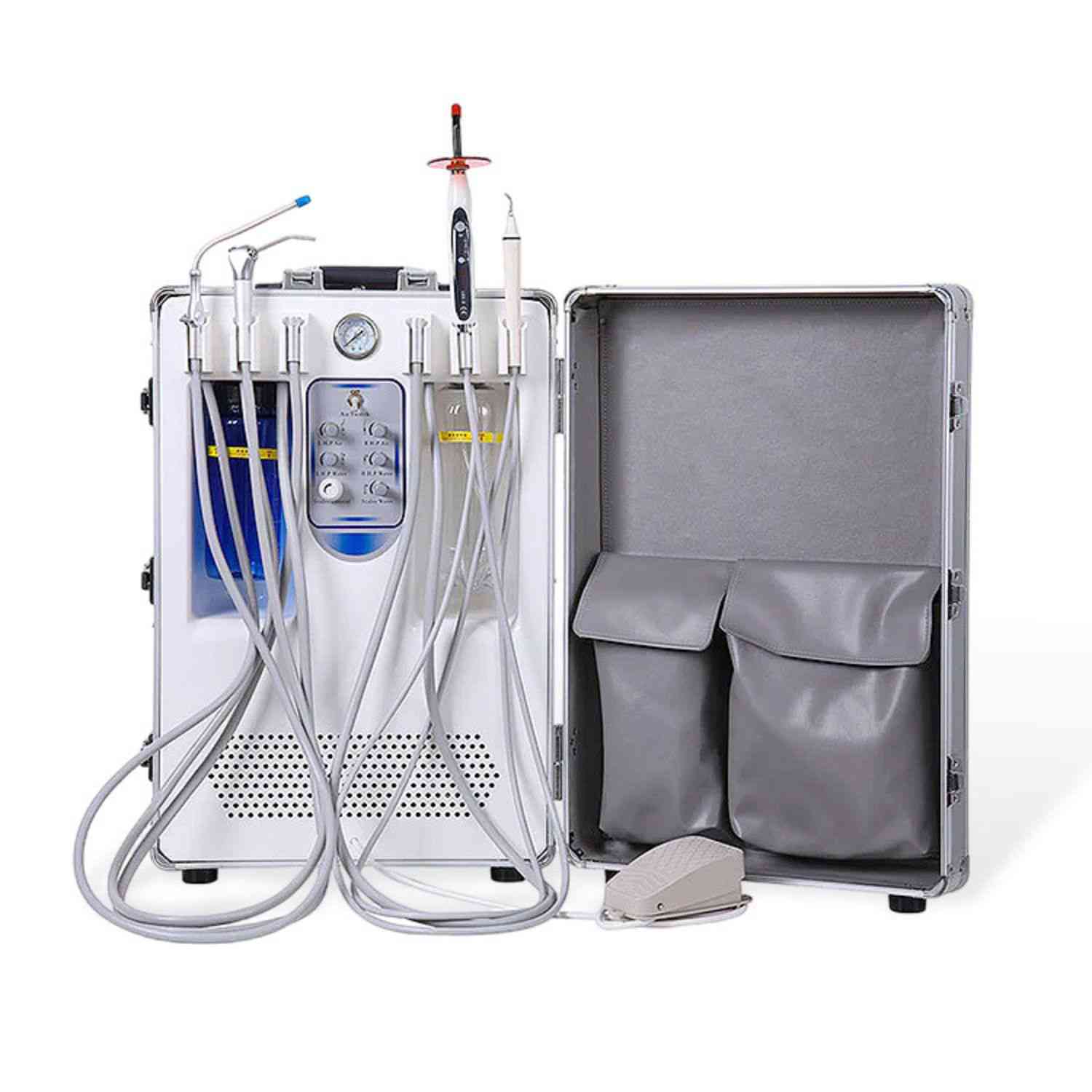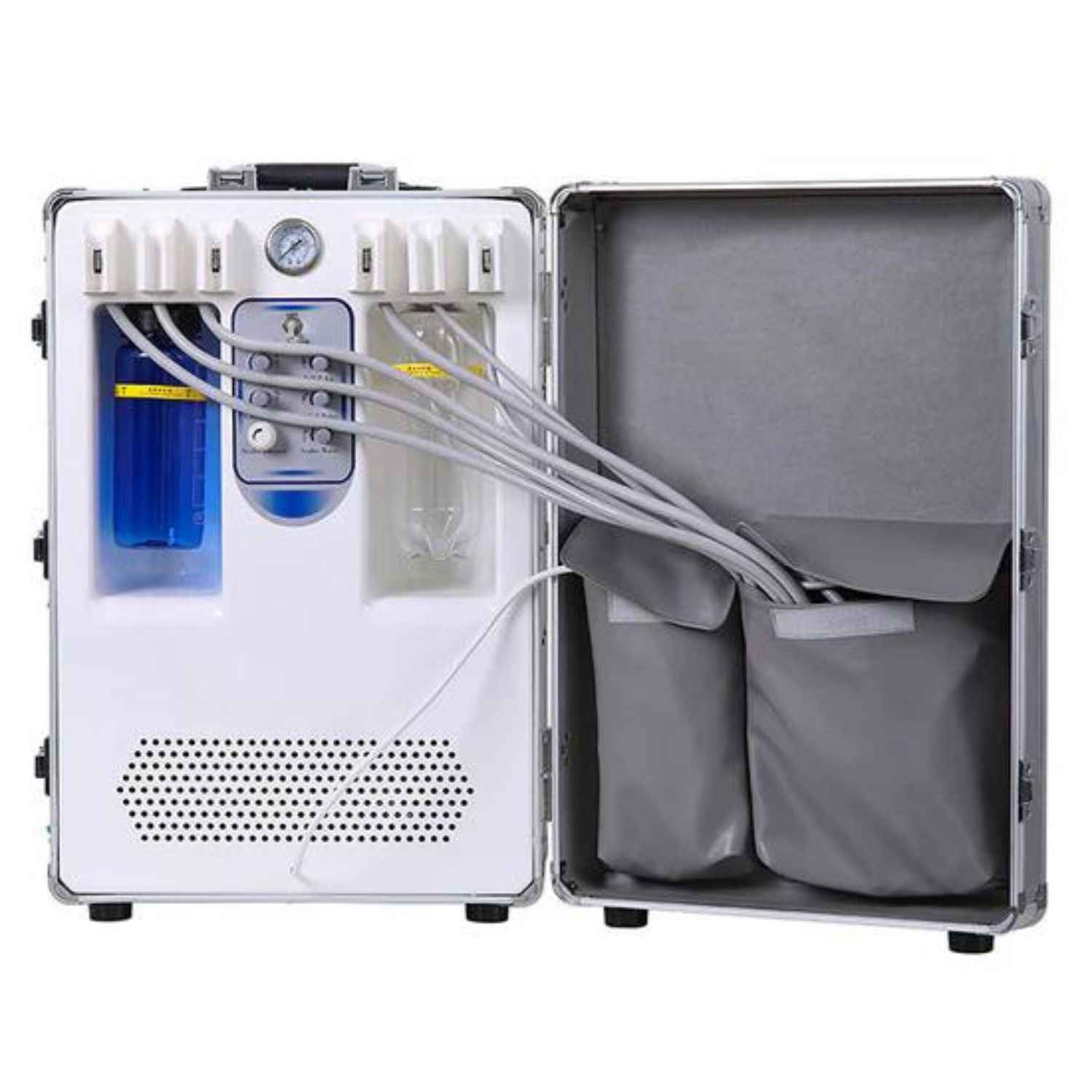In the world of dental degrees, two terms often pop up: DMD and DDS. They may seem confusing to anyone unfamiliar with the profession, but they actually represent the same level of training and expertise in dentistry.
While both are equally qualified to perform general dental procedures, they do carry slight historical and regional differences.
In this article, I’ll take you through everything you need to know about DMD and DDS, helping you understand their origins, similarities, and if there are any notable distinctions.
Whether you’re considering a dental career or simply want to be informed, this guide will clarify everything about these essential dental degrees.
What are DMD and DDS?
The DMD (Doctor of Medicine in Dentistry or Doctor of Dental Medicine) and DDS (Doctor of Dental Surgery) are both degrees awarded to graduates of dental schools who have completed their training to become dentists.
Although these two degrees have different names, they are functionally identical, and both represent comprehensive dental education.

Are There Differences Between DMD and DDS?
Which of These Dental Degrees is More Popular?
Both DMD and DDS are equally prevalent across dental schools in the United States. However, some institutions and regions may prefer one title over the other.
For example, DMD is generally more common among East Coast schools, while DDS is more popular in the Midwest and West Coast. Still, neither degree holds a popularity advantage in terms of the number of practicing dentists.
Do They Cover the Same Curriculum?
Yes, DMD and DDS programs are virtually identical in terms of academic requirements. Both degrees cover essential topics like anatomy, physiology, pathology, pharmacology, oral health, and dental procedures.
Students learn preventive care, diagnostic techniques, and practical skills necessary to provide quality dental care. The accreditation for both degrees is regulated by the Commission on Dental Accreditation (CODA) in the United States, ensuring that both programs meet the same high standards.
Which Degree, DMD or DDS, Has Higher Tuition Fees?
Tuition fees for dental programs vary based on the school rather than the degree awarded. Whether you pursue a DMD or a DDS, expect tuition costs to be substantial, often similar to medical school tuition.
The final cost can differ significantly between public and private schools, with private institutions generally charging more.
Which is More Challenging to Study, DMD or DDS?
Both degrees involve a rigorous and challenging curriculum, with four years of education post-bachelor’s degree.
The level of difficulty is more a function of the individual school’s structure, teaching methods, and clinical training opportunities than the specific degree name.
Students in both programs complete extensive clinical practice and pass the same national exams for licensing.
Which Dental Degree Has a Higher Employment Rate?
The employment rate for DMD and DDS graduates has consistently been high, as the demand for qualified dentists remains steady.
Dentists with either degree have similar job opportunities, and both new and experienced dentists report strong job security within the dental industry. Therefore, whether holding a DMD or DDS, the employment rate is virtually the same.
What Are the Salary Differences for DMD and DDS Graduates?
There is no significant salary difference between DMD and DDS holders. According to national statistics, salaries in dentistry are more influenced by factors like location, specialization, and years of experience than the type of dental degree.
Both DMD and DDS graduates can expect similar earning potential, with average salaries for general dentists ranging between $150,000 and $200,000 annually.

Do They Lead to Different Career Paths?
Both degrees open up the same career paths in dentistry. Whether you’re a DMD or a DDS, you’re qualified to practice general dentistry, specialize in fields like orthodontics or oral surgery, or pursue teaching and research roles.
The career options for DMD and DDS holders are virtually identical, offering flexibility in choosing a professional path.
Which Degree Has Greater Career Potential?
Career potential is equal for both DMD and DDS graduates. With either degree, you can pursue a specialization, manage a private practice, or work in dental health organizations. Each degree provides the credentials to succeed in any area of dentistry.
Are There Differences in Licensing and Certification?
No, licensing and certification requirements are the same for both degrees. After completing dental school, both DMD and DDS graduates must pass the same National Board Dental Examinations (NBDE) or other regional exams to obtain licensure. Once licensed, they are equally qualified to practice dentistry.
Where I Live, Is There a Distinction Made Between These Two Degrees?
In the United States and many other countries, there is no distinction in practice rights between DMD and DDS. Patients generally won’t notice a difference, as both degrees are recognized equally by state licensing boards and the dental community.
What is the Current Ratio of DMD to DDS Graduates?
The ratio of DMD to DDS graduates depends on the schools offering these degrees, as both are offered in a balanced number of programs.
Exact numbers fluctuate annually, but overall, there is an even split between the two degrees in terms of the number of professionals entering the field each year.

From the information above, it’s clear that there is virtually no difference between DMD and DDS. So, why are there two types of dental degrees? In fact, this distinction originates from historical reasons.
The History and Origin of DMD and DDS
DMD and DDS degrees originated in the United States in the 19th century. The DDS was the first degree offered, beginning with the Baltimore College of Dental Surgery in 1840.
Later, Harvard University introduced the DMD degree to align with its tradition of using Latin degree names. Since then, schools have had the option to award either degree, leading to the current mix of DMD and DDS programs.
How Can I Obtain a DMD or DDS Degree?
To obtain a DMD or DDS degree, students must complete a bachelor’s degree, pass the Dental Admission Test (DAT), and apply to accredited dental schools.
After acceptance, they undergo four years of intensive dental training, which includes classroom education, laboratory work, and supervised clinical practice. Upon graduating, they must pass licensure exams to practice as dentists.

U.S. Schools That Award DMD and DDS Degrees
DMD
Several prestigious U.S. dental schools offer the DMD degree, including Harvard University, the University of Pennsylvania, and Tufts University. These schools are known for their rigorous programs and commitment to excellence in dental education.
DDS
Many top dental schools award the DDS degree, such as the University of Michigan, University of Southern California, and New York University. These schools provide comprehensive training and have established reputations for producing skilled dentists.
What Other Degrees Can Dental Students Pursue?
Beyond DMD and DDS, dental students may pursue additional degrees or certifications, such as a Master of Science in Dentistry (MSD) or a Doctor of Philosophy (Ph.D.) in dental-related fields.
Specialization programs like orthodontics, endodontics, and periodontics also allow dentists to deepen their expertise and practice within specific areas of dental care.
Conclusion
At the end of the day, DMD and DDS are two different names for the same level of dental training and qualification. Whether someone holds a DMD or a DDS, they are equally trained to provide comprehensive oral care and perform dental procedures.
For patients, there’s no need to distinguish between the two, as both represent a dentist who has undergone extensive education, passed rigorous exams, and is fully qualified to address oral health needs.
For anyone considering a career in dentistry, the choice between DMD and DDS ultimately depends on the school attended—both degrees will open the doors to a rewarding, respected career in dentistry.







